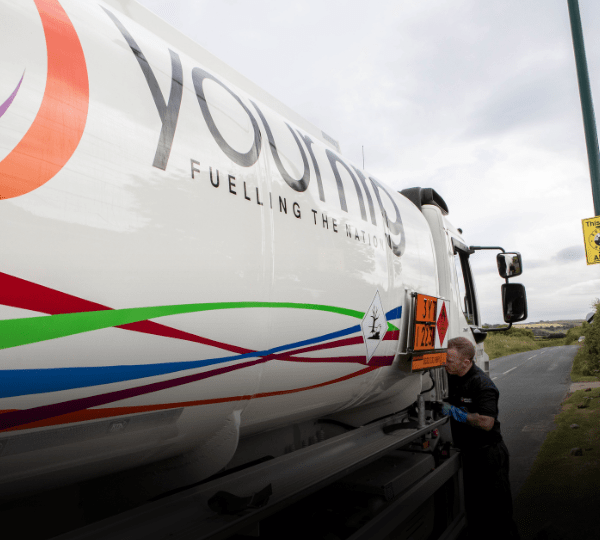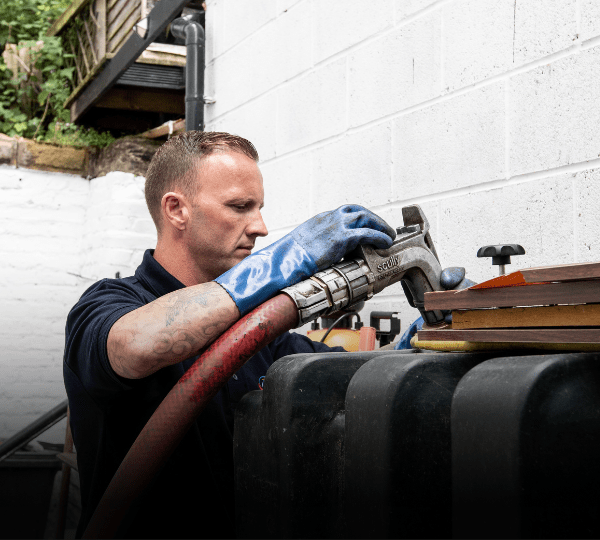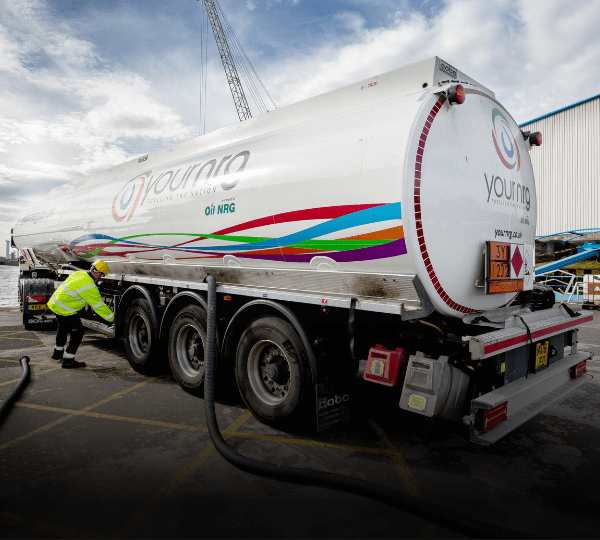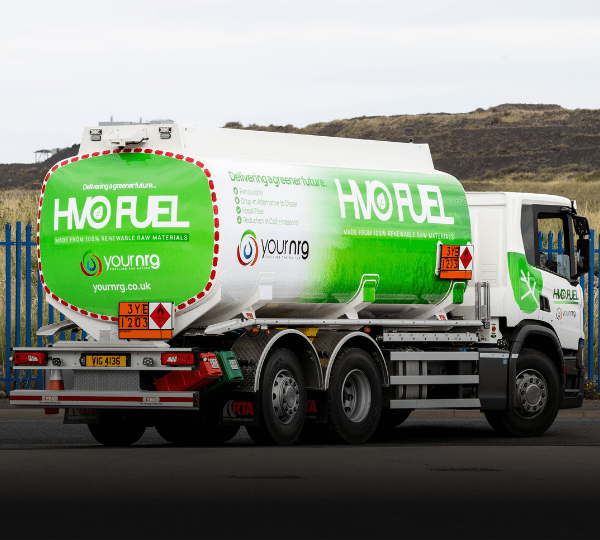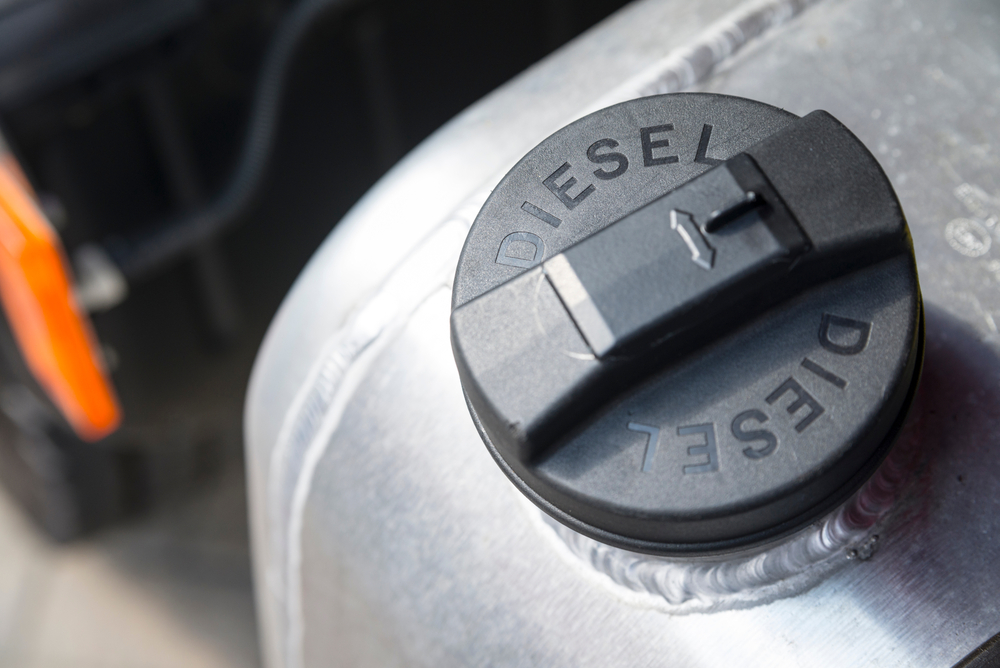
Your complete diesel bug treatment guide
Date Published: 03/09/2025
Blocked fuel filters? Poor engine performance? Sludge in your tank? You might be dealing with ‘diesel bug’. It’s a growing issue, causing over 80% of diesel engine failures. This guide covers everything you need to know about diesel bug: what it is, how it spreads, how to treat it, and how to keep your fuel system clean in the long term.
Key Takeaways
- What is diesel bug?
- What does diesel bug look like?
- What damage does diesel bug cause?
- What causes diesel bug?
- How do you prevent diesel bug?
- How do you treat diesel bug?
- Order your commercial fuel from Your NRG
What is diesel bug?
Diesel bug is a microbial growth that forms when water gets into diesel fuel. It’s caused by bacteria found at the bottom of fuel storage tanks and is a particular concern for businesses that hold commercial fuel for fleets, generators, or machinery.
What does diesel bug look like?
Signs of fuel contamination from diesel bug include:
- Black sludge or brown clumps at the bottom of your fuel tank
- Cloudy instead of clear, amber diesel
- Blocked filters, sluggish fuel pump activity, or engine failure
- Corrosion or clogging in your fuel injectors and filter system
- A musty smell coming from the tank or filler cap
What damage does diesel bug cause?
Diesel bug can wreck your fuel system, costing you thousands in repairs. Here’s why you shouldn’t ignore it:
- Filters can get blocked, starving your engine of fuel
- Fuel injectors and other components can become damaged
- The engine may start to struggle
- Your tank’s fuel economy could drop and become inefficient
- There could be a risk of emergency downtime or even full engine failure
- Exhaust emissions could increase due to incomplete combustion
Need reliable bulk commercial fuel? With top-quality service, expert local drivers, and flexible delivery schedules, Your NRG keeps your business moving. Call 01642 686000 for your custom quote now.
What causes diesel bug?
Diesel bug is typically caused by three things:
- Water contamination: Usually as a result of condensation from leaky seals or poor ventilation that lets excess moisture into the tank.
- Organic content in fuel: Some modern fuel blends contain natural compounds that act as a food source for microbes, making them more prone to diesel bug contamination than traditional fuels.
- Poor fuel maintenance: If fuel storage tanks are left untouched for long periods without proper tank cleaning, microbes can grow unchecked.
How do you prevent diesel bug?
Here’s how to prevent diesel bug and protect your fuel system:
- Keep your fuel tanks full: This reduces air space, limits condensation, and lowers the risk of water getting into your oil.
- Use quality fuel additives: A diesel additive contains biocide and water dispersal agents to kill and prevent microbes.
- Install a water separator: This will actively remove moisture from your fuel system before it can enter the tank.
- Check the fuel’s colour: Clean diesel has a bright, clear, amber colour. If your fuel is dark brown, black, or a murky green colour, it’s likely contaminated and needs treating
How do you treat diesel bug?
Think you might already have a case of diesel bug? Here’s how to diagnose, treat and recover your fuel system:
- Get a sample of your fuel dip-tested: A fuel sample from the bottom of your fuel tank (where water and sludge collect) will confirm any microbial contamination. A dip test or lab analysis will then detect any bacteria present.
- Shock treat the fuel with a biocide additive: Apply a high-dose biocide additive to quickly kill the microbial colonies living in the fuel. Make sure you choose one that’s compatible with your fuel system’s components.
- Replace the fuel filters and clean the tank: After treating the tank with the biocide, replace any clogged fuel filters and thoroughly clean the tank to remove any excess microbes and sludge build-up that could still restrict your fuel system.
- Polish your fuel: This involves circulating it through specialised ultra-fine filtration systems that remove any stubborn material from heavily contaminated fuel. This is the best option for businesses with large commercial fuel tanks where replacing fuel outright would be expensive.
- Maintain your tank regularly: Make sure your tank is protected over the long term by dosing it with a low-level fuel stabiliser, keeping an eye out for discolouration or any unusual smells.
Order your commercial fuel from Your NRG
Get great rates on bulk commercial fuels today with Your NRG. Our experienced local drivers reliably deliver across the country every day, which is why 15,000 happy customers have rated us 4.8 stars online. With dependable deliveries built around your schedule, Your NRG is the UK’s leading independent fuel supplier, here to keep your business moving today and prepared for tomorrow. Call us on 01642 686000 to secure your custom bulk commercial fuel supply today.
Diesel bug FAQs
How do I know if I have diesel bug?
You may have diesel bug if your diesel fuel looks cloudy, dark, or contains sludge buildup at the bottom of the fuel tank. Other signs include blocked fuel filters, poor engine performance, unusual smells from the tank, or repeated fuel pump and injector issues. A dip test or fuel sample analysis is the most reliable way to confirm microbial contamination in your fuel system.
Can you put too much fuel treatment in diesel?
Yes, adding too much fuel treatment or fuel additive to diesel fuel can cause problems such as filter clogging and increased deposits in the fuel system. Always follow the manufacturer’s dosage guidelines for biocides, fuel stabilisers, or water dispersal agents. Overdosing will not speed up results and could damage sensitive engine components like injectors and pumps.
Explore our other articles
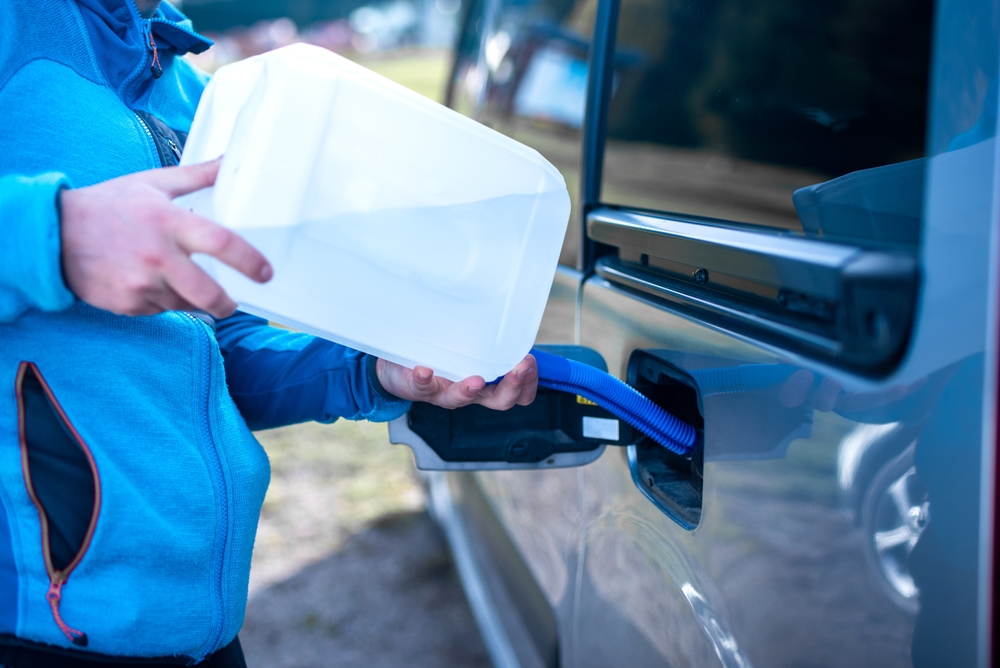
Why use heating oil additives?
If you rely on oil to keep your home warm, the performance of your heating ...
Date published: 11/09/2025
Update: Oil Prices Hit a 10-month High
A recent update published by the BBC warns that, following recent productio...
Date published: 18/11/2024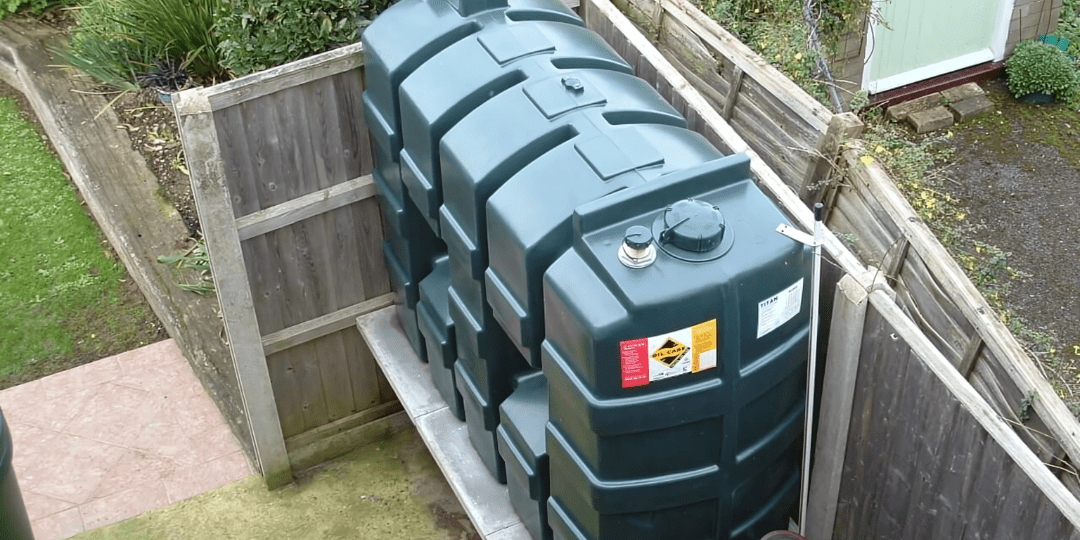
The Ultimate Heating Oil Tank Installati...
This guide covers everything you need to know about heating oil tank instal...
Date published: 05/03/2025